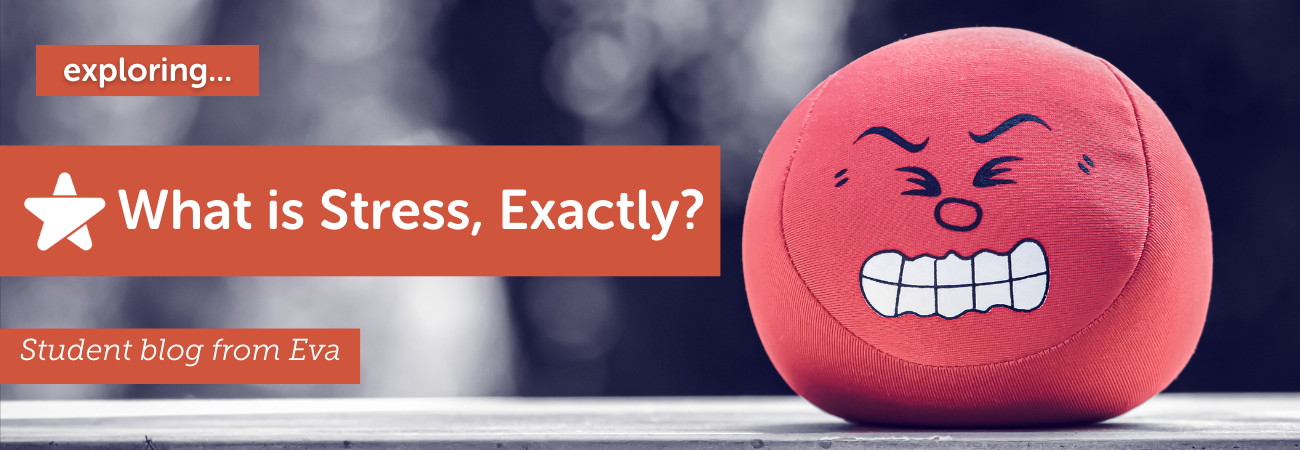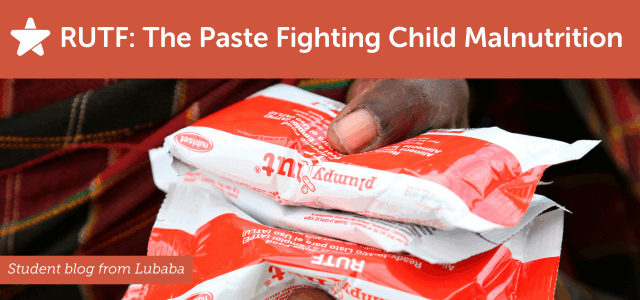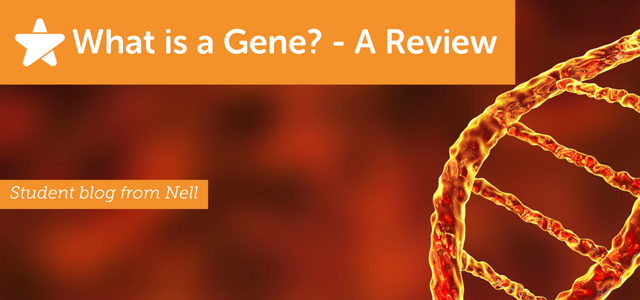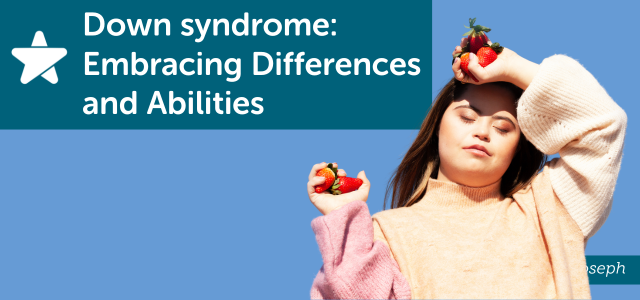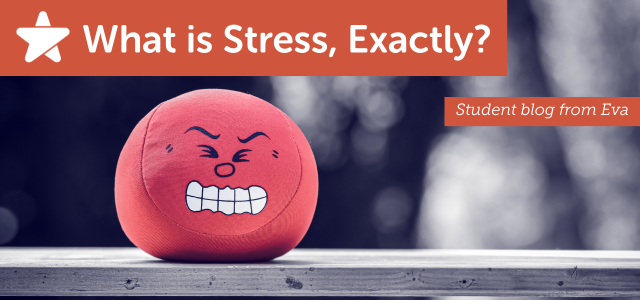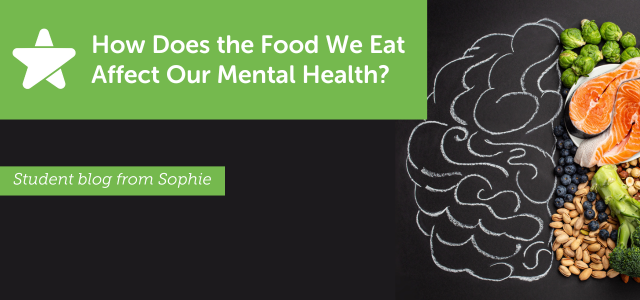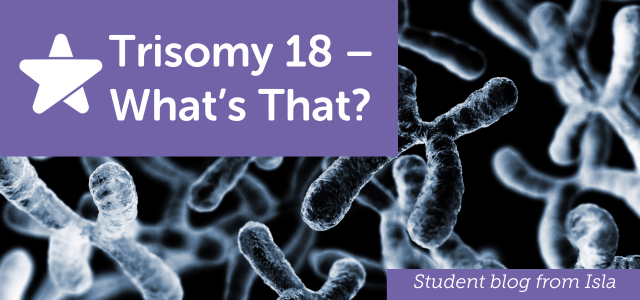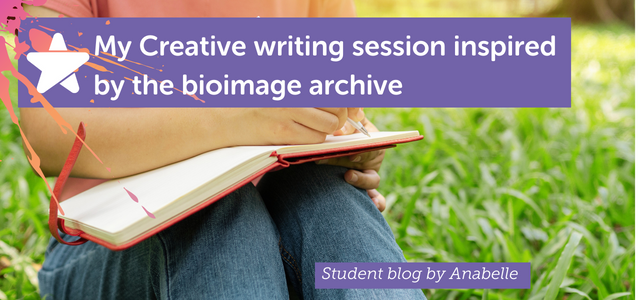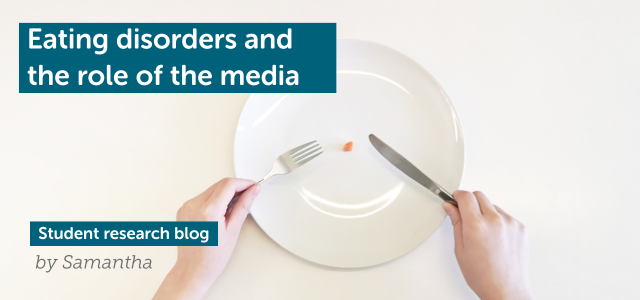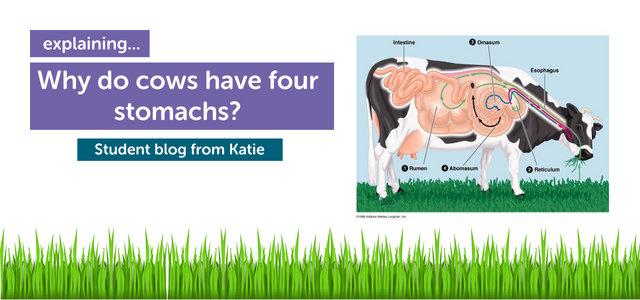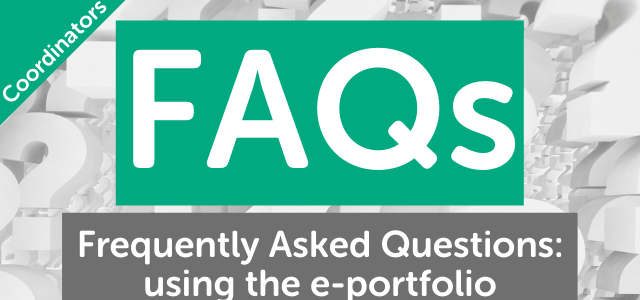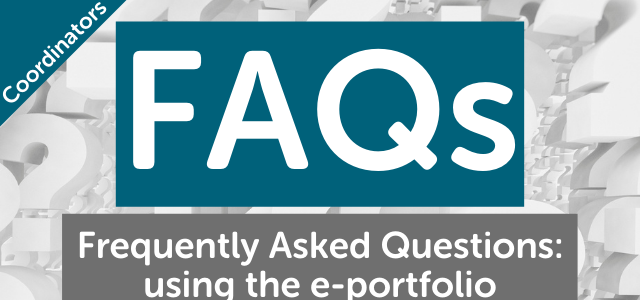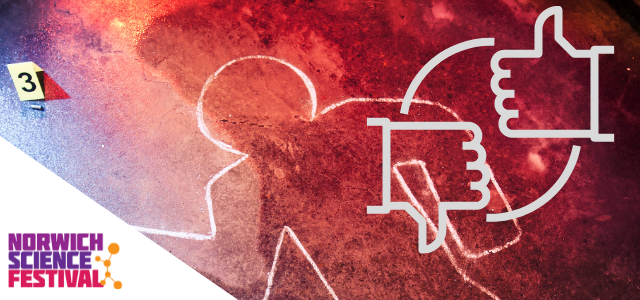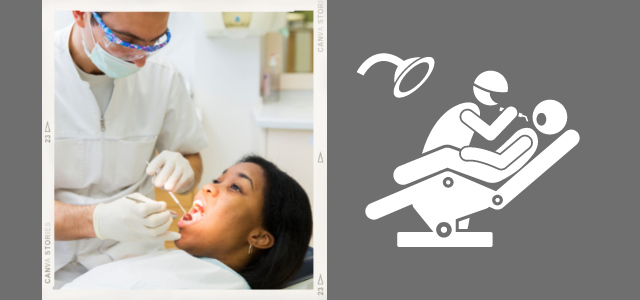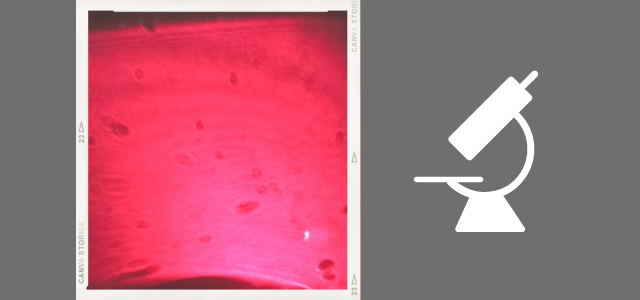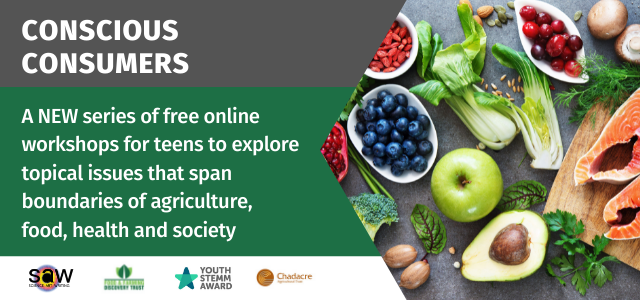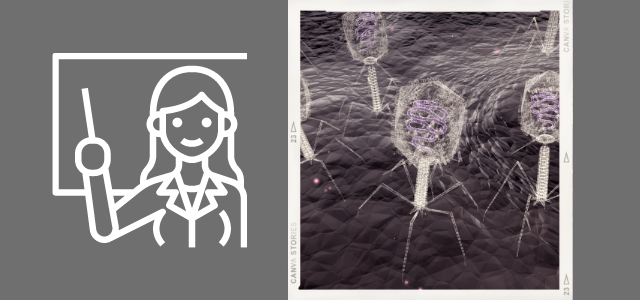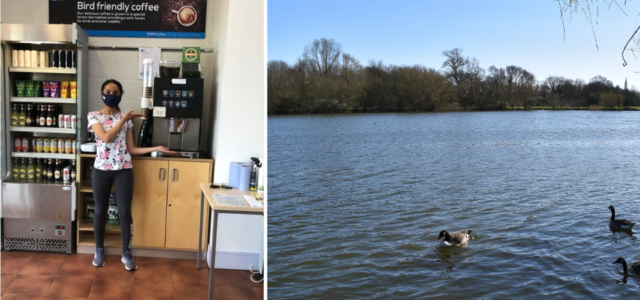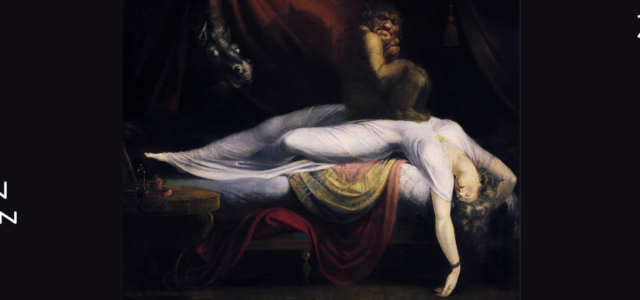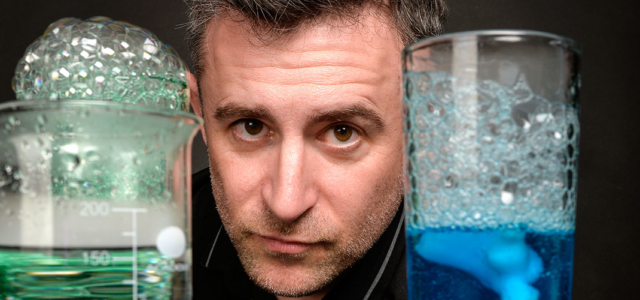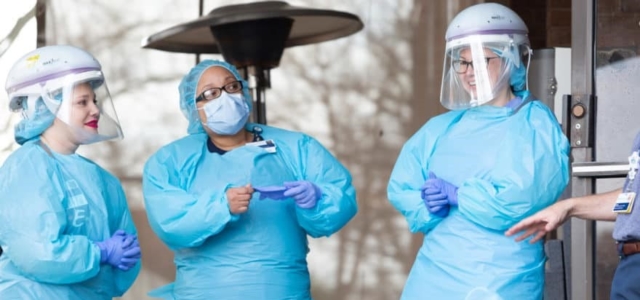Stress is something we’ve all encountered at some point in our lives—whether from exams, overwhelming events, or unexpected challenges. But did you know there are different types of stress, each with its own impact on your life? This insightful blog dives into the various forms of stress and provides practical tips to help manage them effectively. Whether you’re dealing with stress yourself or know someone who is, this read offers valuable information that can help you navigate life’s pressures with greater ease.
There is something everyone has faced at least once in their lifetime – STRESS. It can be from exams, overwhelming events, or even traumatic events. According to the World Health Organisation, the definition of stress is “ A state of worry or mental tension caused by a difficult situation. Stress is a natural human response that prompts us to address challenges and threats in our lives” (Stress, 2023). There are 3 types of stress: Acute stress, Chronic stress and Eustress (Friedman, 2013). Stress affects our everyday lives and can last a day or two, or even for a lifetime. Fortunately, there are many ways to help control it.
Acute Stress:
Acute stress is a short-term mental condition that triggers responses such as anxiety and intense fear. It can lead to isolation from other people as it may remind someone of a traumatic event. Some of the symptoms include recurring flashbacks of the traumatic event, nightmares, difficulties in thinking. The main treatments for this type of stress are psychotherapy and cognitive behavioural therapy (CBT) (Acute stress disorder, 2023).
Chronic Stress:
Similar to acute stress, chronic stress lasts for a longer period of time. Some of the symptoms of this condition include insomnia, low energy, foggy thinking, mood changes etc. Chronic stress is linked to other psychological and physical conditions such as hypertension, heart disease, type-2 diabetes and addictions to many things such as alcohol, nicotine and the internet. Chronic stress is treated by stress management which consists of exercising, eating healthy foods, getting more sleep, making time for leisure activities and many more (Chronic stress, 2024).
Eustress:
Unlike the first two types of stress, eustress is the opposite. This stress brings out a positive response.
Examples of eustress can be weddings. You would be feeling stressed on the day of your wedding but it’s a stress you expect in a happy way to experience because you know there will be a lot of pressure on you on that day but you’re ready to face it all for a good reason. However, just like most things, too much of anything, whether it’s good or bad, is not healthy. In this case, too much eustress won’t be healthy for your physical or mental well-being. For example, if you’re going on rollercoasters but you’re afraid of heights, eustress can quickly turn into distress in a matter of seconds (Scott, 2005).
How to prevent stress:
- Yoga – A well-known type of exercise that relieves stress. By doing yoga, you get rid of muscle knots and tension, and promote the production of specific endorphins related to your mood. These hormones help you handle stress in a positive way.
- Avoid drinking – Alcohol is frequently consumed by many people who are experiencing a lot of stress. However, excessive alcohol consumption can negatively impact your mental and physical health. It also increases the production of cortisol which is a hormone that makes stress worse. It must be noted that cortisol is not a bad hormone as it has several purposes such as regulating your blood pressure, controlling your sleep cycle, managing how the body uses fats, carbohydrates, proteins etc. However, chronic stress and alcohol can significantly increase cortisol levels and may affect your physical health. Initially, high cortisol levels can lead to mild headaches, but overtime can develop into more serious conditions such as heart disease (Wellness Retreat, 2022).
- Talk to people you trust – Keeping in touch with your family and friends will help to keep your mind occupied and will help to reduce some of your stress. For example, meeting at a local cafe may distract you from the negative thoughts that are leading to stress.
- Do things outside your comfort zone – It’s easier said than done but doing activities that you’re not used to, will expand your horizon and may change your perspective on many things.
These are just a few of the many ways to reduce stress. So next time you or someone you know is feeling stressed, remember to take a break and take some time for yourself.
The aim of this blog is to inform you that there’s more to stress than what you may think. We often classify stress as being just one thing or another, but after reading this blog, I hope you have a better understanding of what stress really is and the different types of stress that exist.
References:
- Stress (2023) int. https://www.who.int/news-room/questions-and-answers/item/stress
- Friedman, W. J. (2013) Types of stress and their symptoms, net. https://www.mentalhelp.net/blogs/types-of-stress-and-their-symptoms/
- Acute stress disorder (2023) Cleveland Clinic. https://my.clevelandclinic.org/health/diseases/24755-acute-stress-disorder
- Chronic stress (2024) Yale Medicine. https://www.yalemedicine.org/conditions/stress-disorder
- Scott, E. (2005) Eustress is the good type of stress you didn’t know you needed, Verywell Mind. https://www.verywellmind.com/what-you-need-to-know-about-eustress-3145109
- Wellness Retreat (2022) Alcohol and stress: How alcohol can make stress worse, Wellness Retreat Recovery. Wellness Retreat Recovery Center. https://wellnessretreatrecovery.com/alcohol-and-stress/

